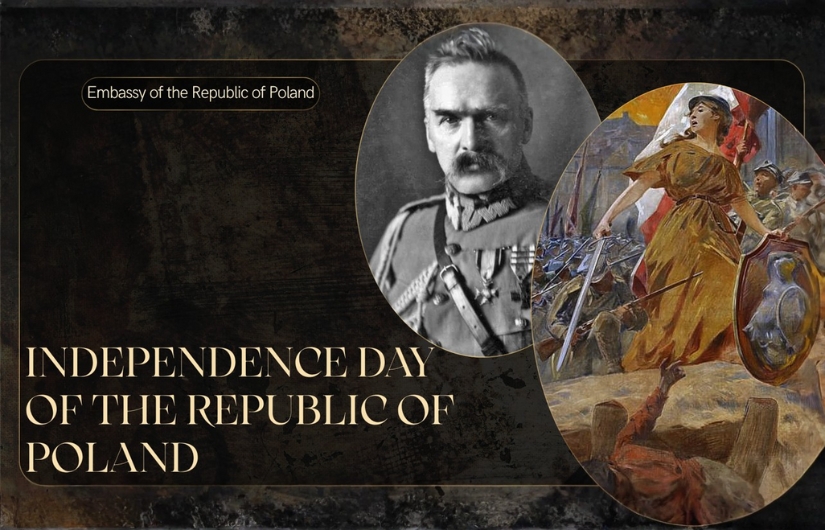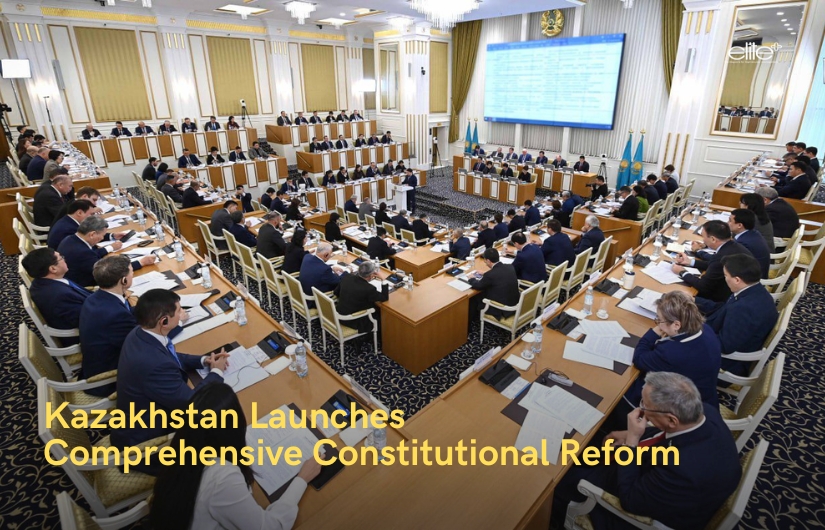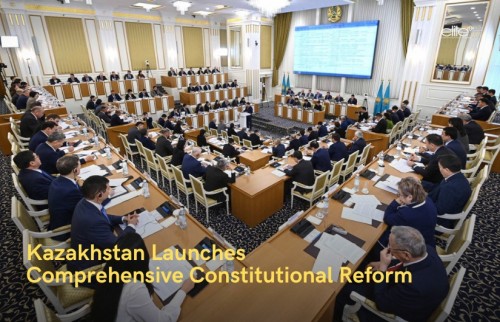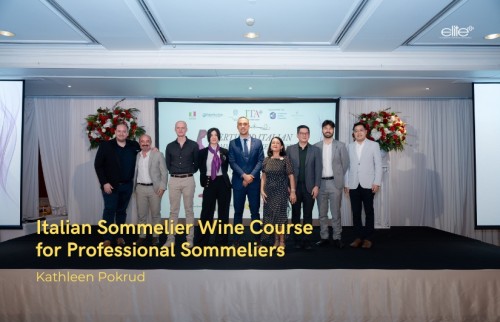Passion for Freedom and Liberty
Poland’s Independence Day (Narodowe Święto Niepodległości) is celebrated on the 11th of November. This day commemorates the anniversary of when Poland regained its sovereignty from the Prussian, Austro-Hungarian and Russian Empires in 1918.
Few people know that Poland disappeared from world maps for 123 years! In 1772, Poland came under attack by Russia, Prussia and Austria, which resulted in Poland being partitioned into three zones. Owing much to the unrelenting perseverance, passion for freedom and sense of liberty, Poles finally regained their independence at the end of World War I. As one leading statesman in the history of the Polish independence movement, Marshal Józef Piłsudski said, "Whoever does not respect and value their past is not worthy of respect by the present, or of the right to a future."
These words reverberate in a plethora of actions undertaken by the Polish nation to inspire the world. Being perfectly aware of their history, Poles know that the international community works best when it is based on shared values, solidarity and mutual respect. Therefore, the Republic of Poland has become a pivotal member of NATO and the European Union, contributing to the development of both organizations.
As a nation Poles are fully dedicated to defending democracy, the rule of law and human rights. They believe all people matter. Passion for freedom and liberty is deeply rooted in the nation’s spirit.
On the cultural level, Polish heritage plays a pivotal role, especially in the domain of high-brow culture. This fact is perfectly epitomized in Thailand by the inspirational activities of the Bangkok Chopin Society, an organisation which conveys messages of unifying tunes of music.
During the 7th session of the signatory states of the UNESCO Convention for the Safeguarding of Intangible Cultural Heritage, Poland was elected to the UNESCO Intangible Cultural Heritage Committee. Intangible heritage is passed down from generation to generation by the community, giving it a sense of identity and continuity. It also contributes to greater respect for cultural diversity and is a source of inspiration for human creativity. These features of intangible cultural heritage have played a pivotal role in constituting Polish independence. After all, passion for freedom and liberty is intangible in its essence.





































































































































































































































































































































































































































































































































































































































































































































































































































































































































